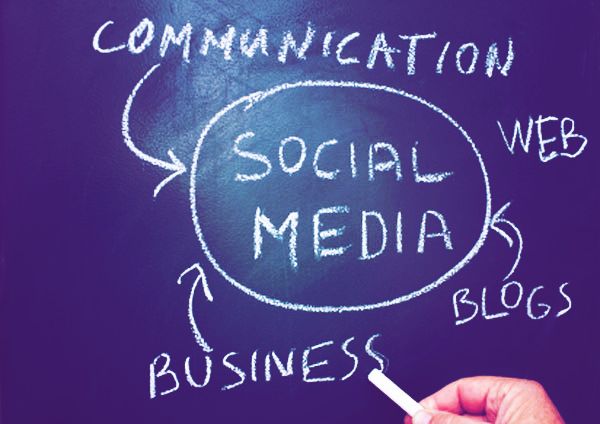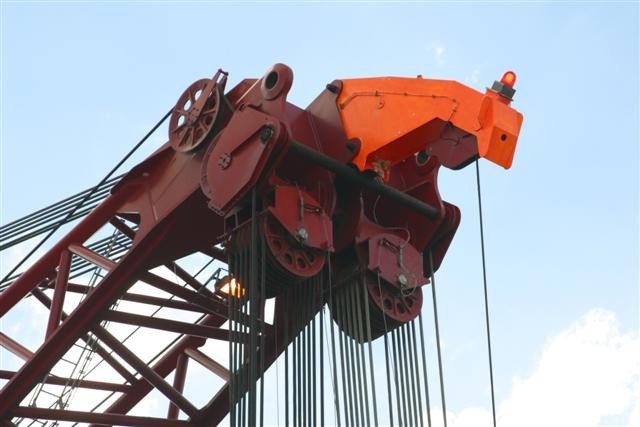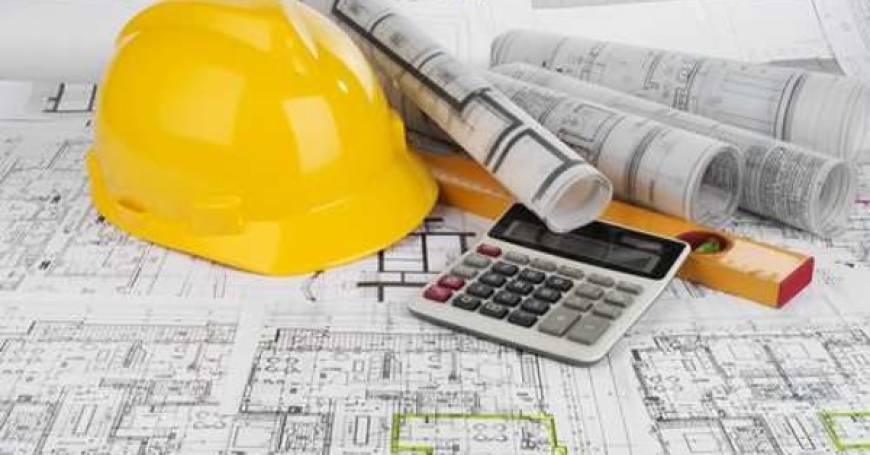
The Internet of Things is fast coming at us. In the upcoming years we will see an increasing number of “things” – sensors mostly, becoming connected to the Internet and being able to track our activities to gather data. Many reports have been published on the potential value that this could bring. However, writing for the McKinsey Global Institute, James Manyika (2015) and a group of other McKinsey analysts argue that in fact the hype of the value of Internet of Things may have been underestimated rather than overstated.
The latest McKinsey report looks at a range of different benefits and challenges related to the Internet of Things, looking at in excess of 150 use cases across a range of different kinds of devices and applications. It is explained that:
“Our bottom-up analysis for the applications we size estimates that the Internet of Things has a total potential impact of $3.9 trillion to $11.1 trillion a year by 2025.”
As pointed out by the analysts, if this reached the higher figure with the consumer surplus included this would be equal to approximately 11% of the global economy. The report looked at nine different areas where value may be likely to be derived. The first was factories, where it was found that in the area of operations management and predictive maintenance, the Internet of Things could be worth between $1.2 to $3.7 trillion. In cities, in terms of adding value to public safety and health, traffic control and resource management, there is the potential for $0.9 to $1.7 trillion of value to be created. Examining the area of human wellness, looking specifically at areas like monitoring and managing illness, $0.2 to $1.6 trillion was estimated to be possible.
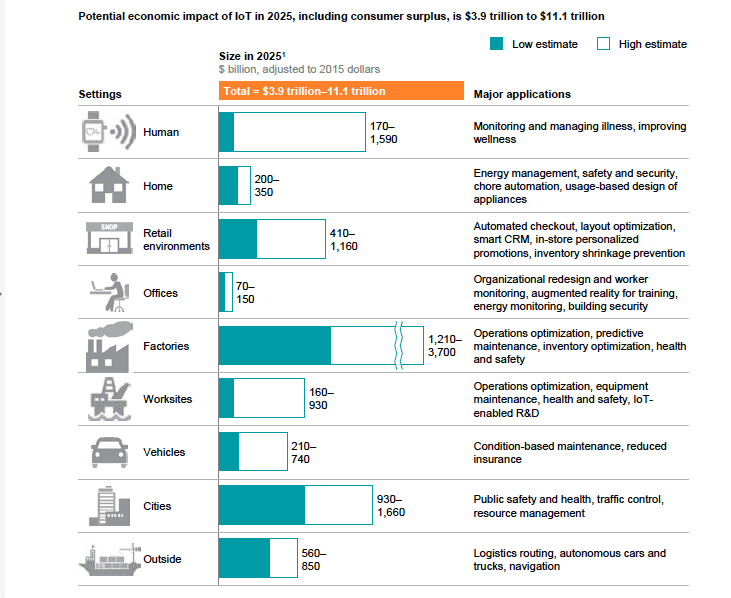
In retail there was also considered to be likely for significant value to be generated, such as in the areas of self checkout, layout optimisation and smart customer relationship management to the value of between $0.4 to $1.2 trillion. Outdoors through logistics, self driving vehicles and navigation the report found that $0.6 to $0.9 trillion of value may be achievable. On work sites, including areas such as equipment maintenance and health and safety as well as operations management, $0.2 to $0.9 trillion is considered achievable. Vehicle maintenance and insurance reductions are thought to be likely to lead to value of $0.2 to $0.7 trillion. Meanwhile in homes $0.2 to $0.3 trillion may be created in value through energy management, security and safety and chore automation, and in offices organisational redesign, monitoring workers and training using augmented reality could also add $0.1 to $0.2 trillion.
There is a lot that needs to happen for this type of value to be achieved. For example there are thought to be considerable regulatory barriers as well as technical and operational development that will be needed. Challenges outlined include the fact that there will need to be interoperability between different Internet of Things systems. Another factor is making sure that data is captured that will actually be used. It is recommended to capture not just data that looks for problems, but also that which can be used for optimising what people and organisations do, and predicting what might happen – these are thought to be the areas where greatest value can be added. It is also argued that while consumer Internet of Things applications have attracted a lot of attention, actually these are not the as valuable as business to business applications. It is estimated that 70% of the value created will be through business to business uses.
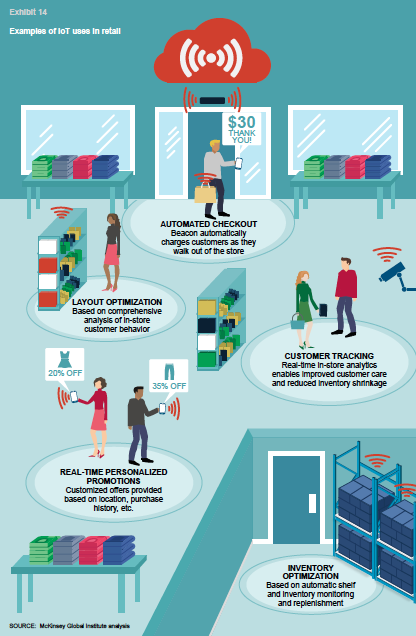
It is expected that customers will receive the most benefits from Internet of Things developments. It is anticipated that businesses and consumers will gain from 90% of the value that is achievable from Internet of Things applications. Developing economies are thought to gain some of the value, perhaps up to 40%, but it is likely that most value will be gained in the developed world. The Internet of Things offers great benefits to many and it is already starting to bring benefits and have an impact on how companies do business. There are steps to take to make sure that security and privacy are achieved, but if these can be surmounted then the value that is possible, is quite clearly tremendous.

Paula Newton is a business writer, editor and management consultant with extensive experience writing and consulting for both start-ups and long established companies. She has ten years management and leadership experience gained at BSkyB in London and Viva Travel Guides in Quito, Ecuador, giving her a depth of insight into innovation in international business. With an MBA from the University of Hull and many years of experience running her own business consultancy, Paula’s background allows her to connect with a diverse range of clients, including cutting edge technology and web-based start-ups but also multinationals in need of assistance. Paula has played a defining role in shaping organizational strategy for a wide range of different organizations, including for-profit, NGOs and charities. Paula has also served on the Board of Directors for the South American Explorers Club in Quito, Ecuador.






















